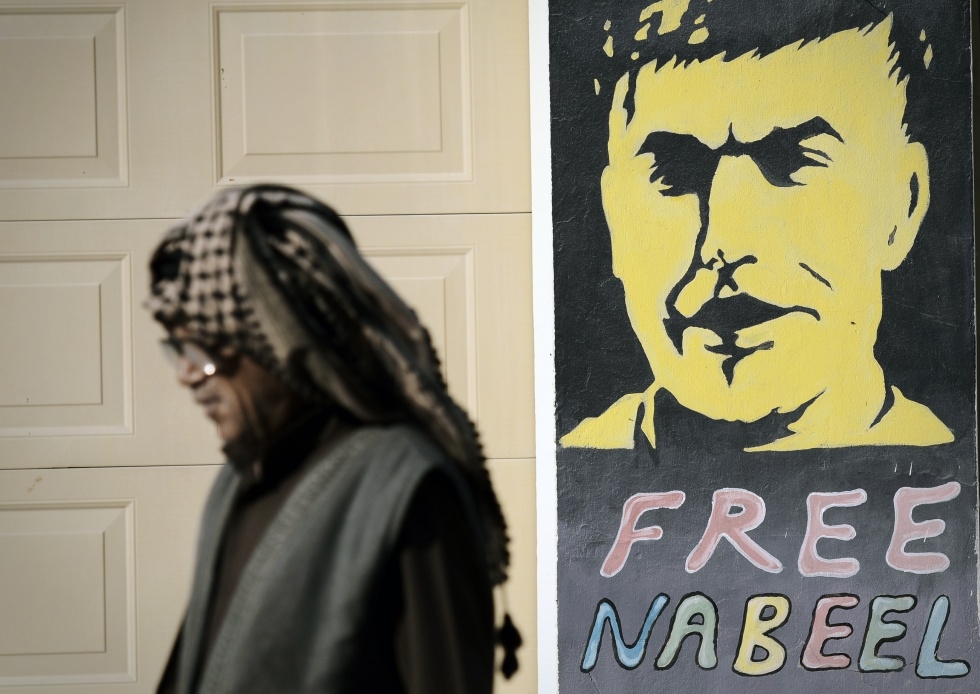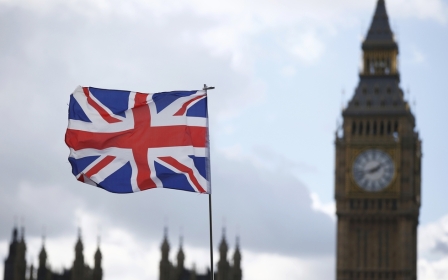Rights group launches campaign for Gulf political dissidents

Human Rights Watch launched a website on Tuesday in support of dissidents in Gulf monarchies, featuring 140 dissidents who have fallen foul of authorities in recent years.
The online platform aims to bring awareness to the struggles of political activists in Bahrain, Kuwait, Oman, Qatar, Saudi Arabia and the United Arab Emirates, the group said.
The US-based rights organisation accused Gulf governments of responding to online criticism with "surveillance, arrests and other arbitrary punishments" in an attempt to silence critics.
The interactive website features 140 political activists, in a nod to Twitter’s 140-character limit. Over recent years, comments made on Twitter have gotten many people across the Gulf in legal trouble, incurring charges such as insulting the authorities and blasphemy.
In a release, HRW cited Bahraini opposition figure Nabil Rajab, Saudi human rights activist Waleed Abu al-Khair and UAE reform advocate Ahmed Mansoor, among others, who have been jailed for "exercising their right to freedom of expression".
"The Gulf states have engaged in a systematic and well-funded assault on free speech to subvert the potentially transformative impact of social media and internet technology," said Sarah Leah Whitson, Middle East director at Human Rights Watch.
She urged Gulf authorities to expand the debate among members of society and carry political reforms instead of jailing peaceful advocates who express their views online.
HRW said social media use has expanded rapidly in Gulf Cooperation Council countries, and with that growth, governments have tightened the scrutiny on freedom of speech on the Internet. The crackdown includes employing technology to monitor citizens’ online activities, according to the rights group.
Citing reports and leaked corporate documents, HRW said Western and Israeli companies have sold software that can violate privacy rights to GCC governments.
"Hundreds of dissidents, including political activists, human rights defenders, journalists, lawyers and bloggers, have been imprisoned across the region, many after unfair trials and allegations of torture in pretrial detention," the group said. "GCC rulers’ sweeping campaigns against activists and political dissidents have included threats, intimidation, investigations, prosecution, detention, torture and withdrawal of citizenship."
In 2014, the UAE blacklisted two HRW researchers, banning them from entering the country after the rights group released a report critical of labour conditions in the wealthy nation.
Bandar al-Ali, Saudi Arabia’s Minister of Culture and Information, defended the kingdom’s human rights record earlier this year.
He said the Riyadh respects citizens’ rights as mandated by Islamic law.
"My country fights torture in all its physical and moral manifestations through strict legislation and executive measures that are applied on all," he said at a speech to the UN Human Rights Council in March.
Stay informed with MEE's newsletters
Sign up to get the latest alerts, insights and analysis, starting with Turkey Unpacked
Middle East Eye delivers independent and unrivalled coverage and analysis of the Middle East, North Africa and beyond. To learn more about republishing this content and the associated fees, please fill out this form. More about MEE can be found here.




